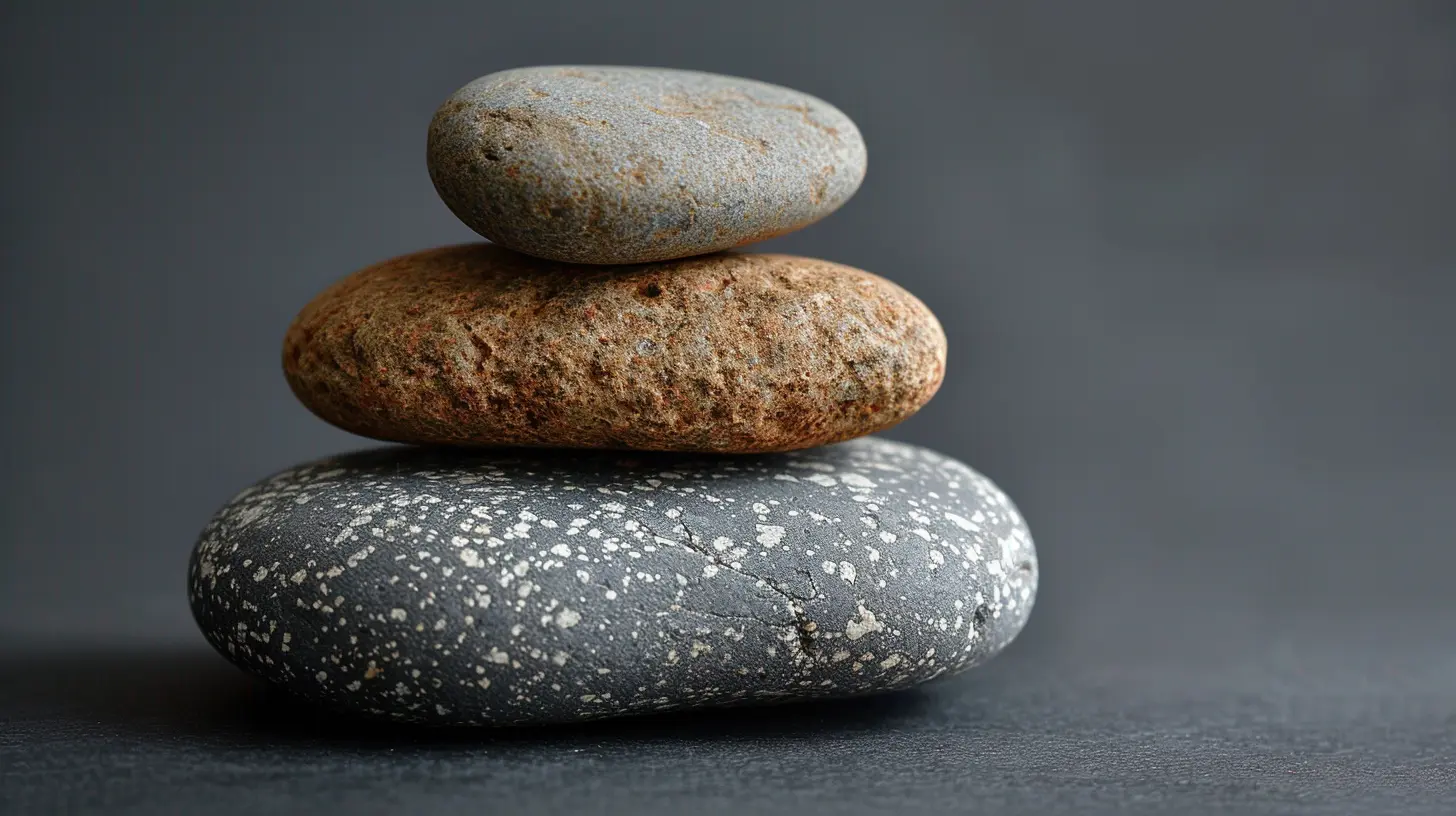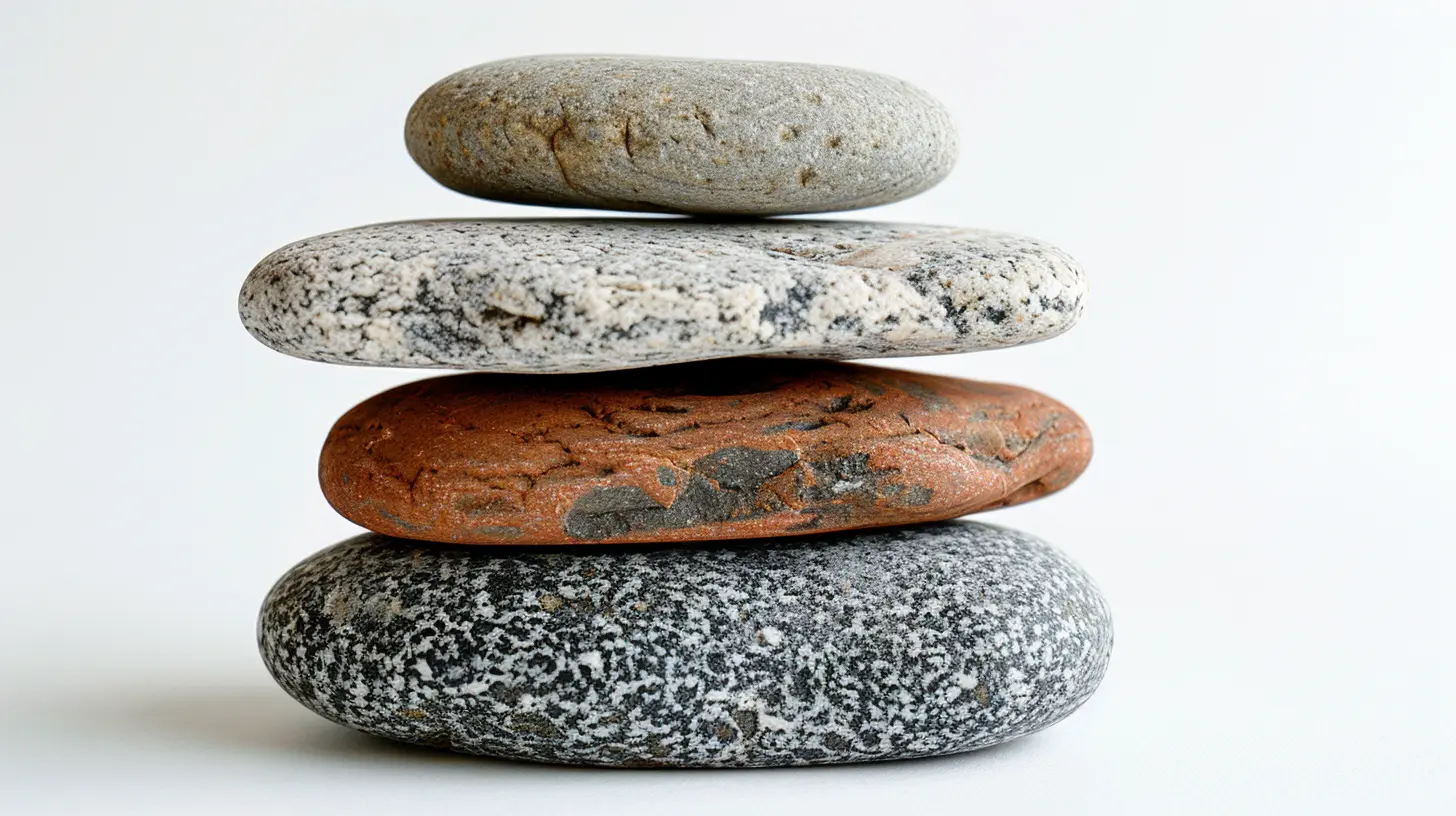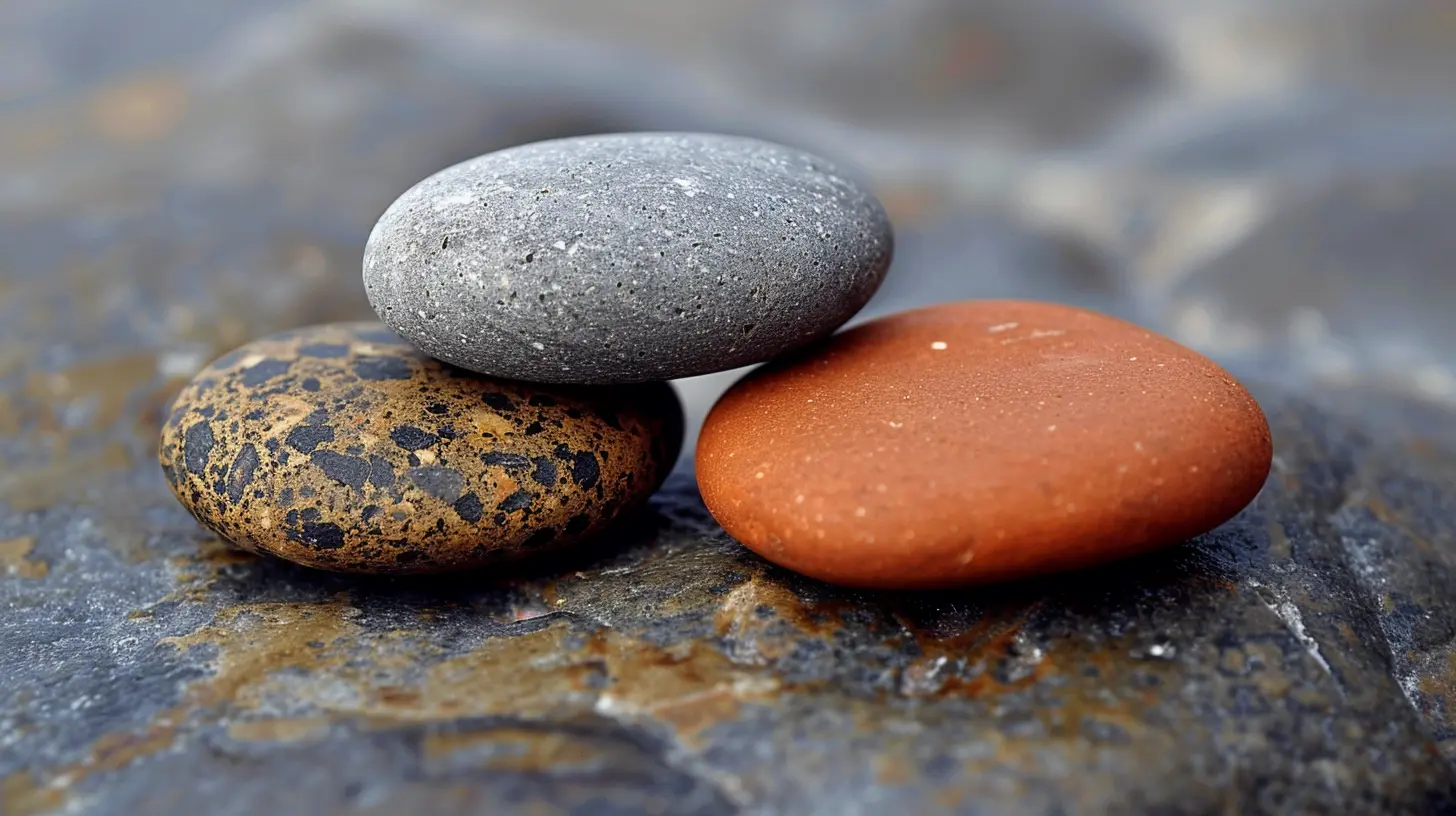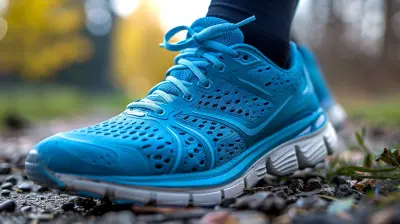Mindfulness for Busy Professionals: Strategies for Staying Calm
27 August 2025
Let’s face it—we live in a world that doesn’t know how to slow down. Alarms buzz before the sun rises, emails pour in like a tidal wave, and meetings eat away at the day before you can even sip your coffee. If you're a busy professional, chances are you sprint through your to-do list like you're training for an Olympic event.
But what if I told you there’s a way to feel more grounded, calm, and in control—without quitting your job or moving to a mountaintop monastery?
Welcome to the power of mindfulness.

What Exactly Is Mindfulness?
Mindfulness is more than just a trendy buzzword tossed around by yoga instructors or life coaches. At its core, mindfulness is the art of being fully present. It means paying attention—on purpose—to what you're doing, how you're feeling, and what’s happening around you without judgment.Sounds simple? Maybe. But in reality, our minds are expert multitaskers. They love to dwell on the past, worry about the future, or drift into autopilot. Mindfulness gently reminds us to come back to the now.

Why Mindfulness Should Be In Every Professional’s Toolkit
If you're wondering, “Why should I care about mindfulness when my inbox is overflowing and I have deadlines breathing down my neck?”—great question.Let’s crack it open.
1. It Reduces Stress (Like, Significantly)
Stress is basically the background music of modern work life, right? You might not always notice it, but it's always playing. Chronic stress can mess with your sleep, digestion, focus, and even heart health.Mindfulness doesn’t magically erase your problems. But it changes your relationship with them. Instead of reacting to stress like a match to gasoline, you learn to respond calmly, mindfully.
2. It Improves Focus and Productivity
Let me ask you this: how often do you switch between tabs, check your phone, or skim through emails while on a Zoom call? Our attention is scattered, and scattered attention equals lower productivity.Mindfulness helps you laser in. By training your brain to stay with one task at a time, your work quality actually improves. You do more, in less time, with less mental clutter.
3. It Enhances Emotional Intelligence
Want to be a better leader, colleague, or communicator? Mindfulness can help you pause, reflect, and respond with empathy rather than reacting out of frustration or burnout.4. It Reconnects You With Yourself
In the chaos of daily work life, it's easy to lose touch with what really matters. Mindfulness acts like a compass, guiding you back to your values, goals, and yes—your sanity.
7 Practical Mindfulness Strategies for Busy Professionals
Okay, so mindfulness sounds great in theory. But how do you squeeze it into an already jam-packed day?Glad you asked. Here are seven totally doable (and surprisingly effective) strategies to weave mindfulness into your everyday life.
1. Start Your Day Intentionally (No, Not With Your Phone)
Before you dive headfirst into the digital ocean, take 5 minutes. Yes, just 5. Sit quietly. Take a few deep breaths. Stretch. Think about how you want to feel today. Not what you want to accomplish—how you want to feel.That small moment of intention sets the tone for your whole day. It's like putting on mental armor before entering battle.
> Pro Tip: Try the “5-5-5” breathing method: Inhale for 5 counts, hold for 5, exhale for 5. It’s grounding and almost instantly calming.
2. Practice Mindful Transitions
Moving from one meeting to the next? Switch gears with awareness. Don’t just lurch from task to task like a robot with a to-do list.Take 30 seconds to pause. Breathe. Roll your shoulders. Ask yourself: "What does this next task need from me?" This mental reset boosts clarity and reduces overwhelm.
3. Try a One-Minute Body Scan at Your Desk
Ever realize you’ve been holding your shoulders up to your ears all day? Or clenching your jaw through back-to-back calls?A mini body scan is your mindfulness mini-reset. Close your eyes (if you're not in a meeting), and scan from head to toe. Notice tension, and release it as you breathe out.
You’d be shocked at how a single minute of awareness can melt away physical stress.
4. Eat Without Screens
This one’s harder than it sounds, especially if you're juggling lunch and emails.Try this: put your phone aside. Close the laptop. Eat slowly. Chew. Taste your food. Notice textures. Be there with your meal.
Mindful eating prevents overeating, aids digestion, and gives your mind a much-needed break. Plus, it turns a rushed lunch into a moment of joy.
5. Set a “Mindfulness Trigger”
This is fun. Choose a routine activity—like walking to the printer, opening a door, or sipping coffee—and make it your cue to check in with yourself.Ask: "Am I present right now?"
Over time, this simple nudge trains your brain to pause more often and stay rooted in the now.
6. Embrace Micro-Meditations
Don't have time for a full 30-minute meditation session? No problem.Try “micro-meditations”—as little as 60 seconds of stillness, deep breathing, or silent observation of your surroundings. Do them between calls, while waiting in line, or right before a presentation.
Think of them as tiny pit stops for your brain.
7. Shut Down with Purpose
How you end your workday matters just as much as how you start it. Instead of dragging your stress into the evening, create a shutdown ritual.Maybe it’s writing down your wins for the day. Or setting your intentions for tomorrow. Or simply taking a walk around the block.
Wrapping up with mindfulness helps you leave work at work—and actually enjoy your downtime.
Tools to Support Your Mindfulness Journey
You don’t have to go it alone. There are tons of tools, apps, and resources to help you build a mindful practice, even with limited time.- Headspace or Calm: Great for guided meditations, stress relief, and sleep support
- Insight Timer: Offers free meditations and talks from psychologists and mindfulness teachers
- Journal Apps like Journey or Day One: Perfect for setting intentions or reflecting on your day
- Focus Apps (e.g., Forest, Pomodoro): Help you stay mindful with your time and attention
Mindfulness Isn’t About Perfection
Here’s the truth: Mindfulness is messy. Some days you’ll forget to breathe deeply. Some days will feel like a chaotic whirlpool of tasks and emotions. And that’s okay.You’re human, not a monk.
Mindfulness isn’t about achieving Zen guru status. It’s about showing up, moment by moment. And the more you practice, the more natural it becomes—like strengthening a muscle.
Little by little, mindfulness shifts the way you experience stress, work, and life itself.
Real Talk: How Mindfulness Changed My Work Life
Let me get personal for a second.I used to wear “busy” like a badge of honor. I’d answer emails at midnight, skip meals, and pride myself on working through exhaustion. But I was constantly burned out, distracted, and, honestly, miserable.
Then I started incorporating small mindfulness habits—just like the ones I’ve shared here.
At first, it felt awkward. But within weeks, I noticed a shift. I was calmer in meetings. I slept better. I started enjoying my work again. Mindfulness didn’t just make me a better professional—it made me a better human.
And if it worked for me, it can work for you too.
Final Thoughts: You Deserve Peace, Even on the Busiest Days
Being a busy professional doesn't mean you have to sacrifice your peace of mind. Mindfulness is your secret weapon—a way to stay centered in an off-balance world.So start small. Pick one strategy. Practice it daily. Let it become a habit. Your future self will thank you.
Remember, calm is not a luxury. It's a skill—and it starts with just a breath.
all images in this post were generated using AI tools
Category:
MindfulnessAuthor:

Holly Ellison
Discussion
rate this article
1 comments
Zeth Allen
Feeling like a busy bee buzzing through endless tasks? 🐝✨ Fear not! This article is your ticket to finding calm amidst the chaos. With simple mindfulness tips, you'll be able to pause, breathe, and maybe even dance like no one's watching (even in the office)! Let’s embrace serenity together! 🧘♂️🌟
September 21, 2025 at 3:08 AM

Holly Ellison
Thank you for your kind words! I'm glad you found the article helpful. Embracing mindfulness can truly transform our busy lives! 🧘♀️✨


